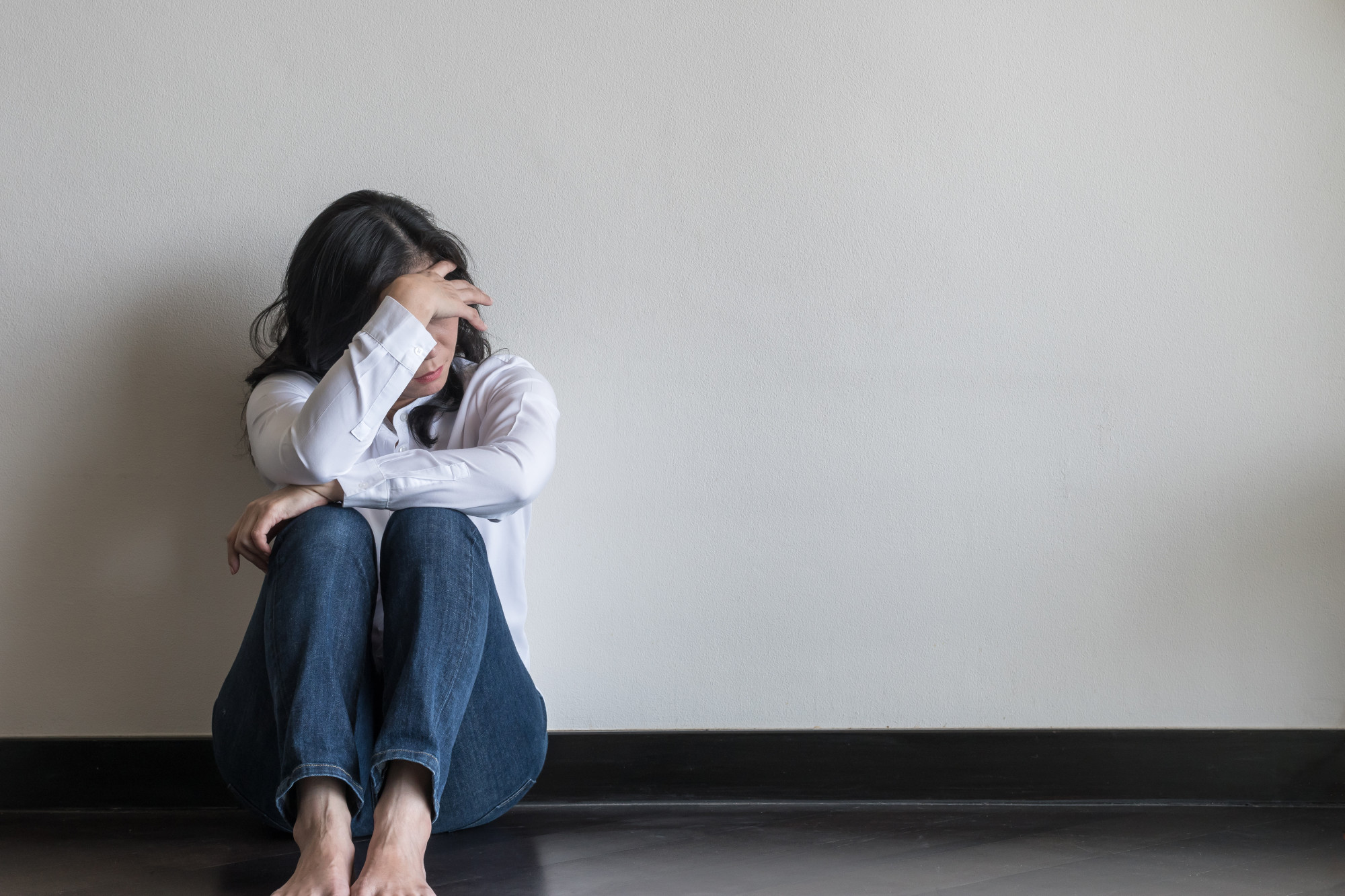Our hormones control many aspects of our lives, including the way our bodies grow, how fast or slow our metabolism is, and even our fertility. Did you know they can also affect your emotions?
While we think of emotions as something that happens in our mind, there’s a physical aspect to them. Think about getting sweaty palms when you’re nervous or butterflies in your stomach when you’re excited.
Because your hormones control so many of your physical responses, they are also linked to your emotions. If you’ve been feeling “off” lately, there could be an issue with your hormones.
Could your emotional changes be related to hormonal problems? Here are a few key things to know if you suspect hormones are affecting your feelings.
Women’s Health and Hormones
Everyone can suffer from hormonal imbalance. However, there are certain stages in a woman’s life that make her more sensitive to hormonal changes.
Estrogen has an impact on women’s mental health and emotions. If you suspect you’re pregnant or going through menopause, keep track of how you’re feeling day to day to see if your feelings are linked to changes in your hormones.
Anxiety and Depression
In everyone’s life, a little rain will fall. We’re only human and we don’t have to feel happy every day.
A big event can trigger negative feelings like depression and anxiety. If you’re feeling down or more nervous than usual and there doesn’t seem to be anything behind it, it could be a sign that you’re having a hormone issue.
Low Sex Drive
Another sign of hormonal imbalance is lack of sex drive. There are plenty of things that can contribute to a lack of libido and your hormones are one of them.
Take note of how long it’s been since you’ve been in the mood. Hormonal fluctuations can affect your performance in the bedroom.
What You Can Do
First things first, talk to your doctor if you suspect you’re having issues with your hormones. From there, you can decide if more medical help, like hormone therapy, is needed.
There are other steps you can take to manage hormonal issues. For example, getting enough sunshine will up your vitamin D production.
Get a good night’s rest to make sure you’re not tired and cranky from lack of sleep. Try minimizing your exposure to blue light from TVs and computers so that they don’t disrupt sleep patterns at night.
There’s also online communities and support systems that can give you perspective on the challenges you’re facing. Discover more about how your hormones affect your emotions by connecting with others.
Emotional Changes and Your Hormones
There are several things that can trigger emotional changes. Once you start understanding how hormones work and how they affect your emotions, you can try to figure out if you’ve got an imbalance.
The first step is always to speak with your doctor. Together you can work on a plan that’s right for you.
Want to discover more ways to stay healthy? Check out our other health and fitness articles to keep learning!
